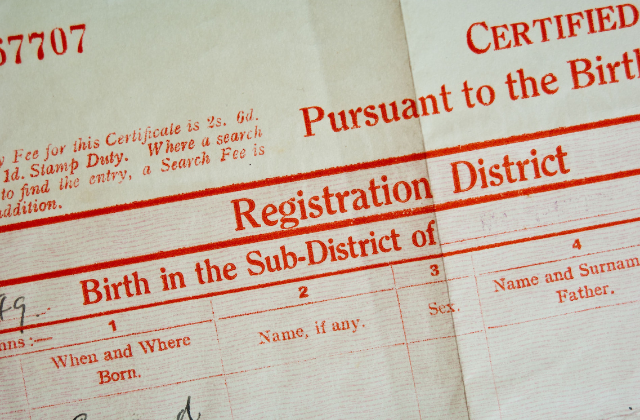This week read about Del Martin’s and Phyllis Lyon’s home in California becoming a landmark, and Ohio accepting a ruling to allow transgender individuals to update their birth certificates to match their gender identity.
LGBT Activists’ Home to be Made Landmark
The home of a lesbian couple that pioneered LGBT rights in California will soon become a local landmark, following a unanimous vote from the San Francisco Board of Directors.
In 1955, Del Martin and Phyllis Lyon moved into the one-bedroom house, where they founded the Daughters of Bilitis, the first lesbian rights organization in the United States. For years, the couple used the home to hold meetings, conduct organizational business, and publish The Ladder, the first nationally distributed lesbian publication in the U.S.
Executive director of the GLBT Historical Society Terry Beswick told the Associated Press, “The Daughters of Bilitis didn’t have an office space, so 651 [Duncan St.] was really ground zero for the lesbian rights movement at the time. It was a place where people could be safe and reveal their sexuality.”
Lyon and Martin, both deceased, were among the first couples to legally marry in California, and lived in the house together for over 50 years. The board will hold a second, ceremonial vote before it reaches Mayor London Breed’s desk for approval.
Ohio to Allow Birth Certificate Changes

Photo via Adobe.
The Ohio Department of Health has officially accepted a December 2020 court ruling that the state must accept requests from transgender individuals who want to update their birth certificate to reflect their gender identity.
Four transgender plaintiffs, represented by the ACLU of Ohio, faced discrimination in trying to update their birth certificates, even though the state allows changes to be made to driver’s licenses and other government documents. The state allowed transgender residents to make changes to the document until 2016, when health officials changed the policy.
U.S. District Judge Michael H. Watson wrote in his ruling that “this policy resembles the sort of discrimination-based legislation struck down under the equal protection clause in Romer v. Evans as nothing more than a policy ‘born of animosity toward the class of person affected’ that has ‘no rational relation to a legitimate government purpose.’”
The Ohio Department of Health expects to have a clear process for changing the sex marker on the certificate by June 1, leaving Tennessee as the last state in the union to not offer the document change.








